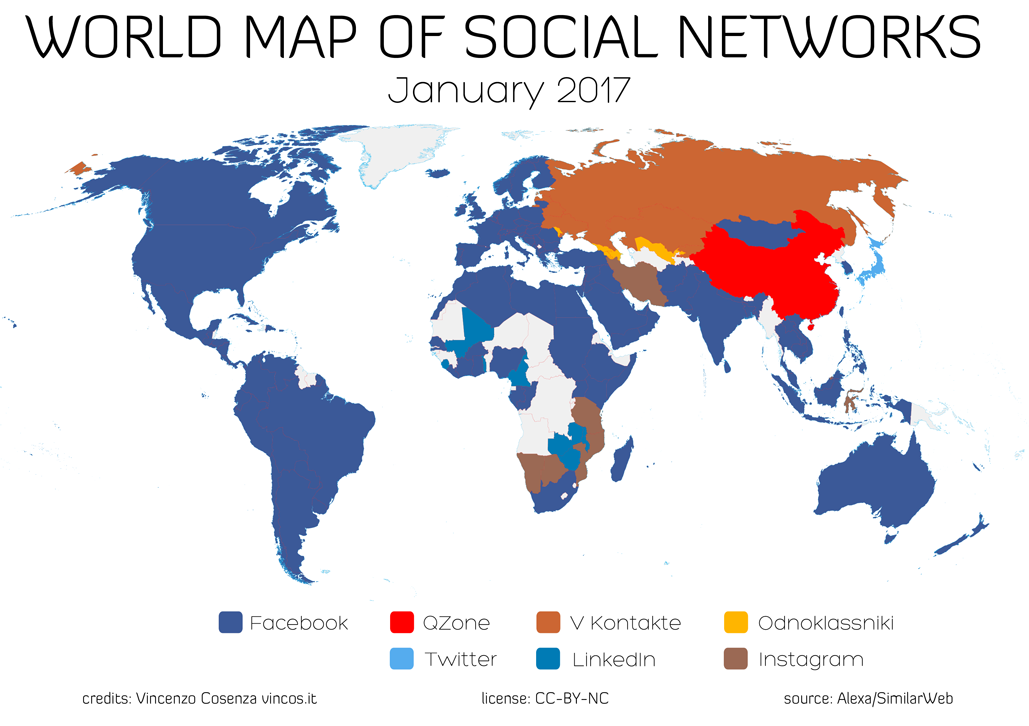Now that you have followed me down this very long image, let me remind you of the recent history.
Let us go back ten years ago, around 2007. The first consumer DSLR was the Canon D30, in 2000. The first affordable 24x36 was the EOS 5D in 2005. Apple Aperture was first issued in 2005 as well, quickly followed by Lightroom.
Basically, in 2005, the money was made in the market of amateur photographers who bought DSLRs or compact digital cameras, lenses and needed software to manage a growing collection of images. Compared to analog photography, digital shooters produced many more images and faced the problem to manage them.
Amateurs also faced the problem of what to do with their images. Photo-sharing sites started to grow around that time. Flickr was founded in 2004, dpreview was really taking off at the time and got bought by Amazon in 2007. Forums of all sorts were really active. That was another revenue source.
Still around the same time, the first iPhone was introduced in june 2007. Facebook was founded in 2004, but growth really started around 2006.
Fast-forward 10 years to today and the situation is completely different. There are still amateurs using stand-alone digital cameras, but this is not where the big money is made. Apple Aperture was discontinued in 2015, Lightroom just got subscription only.
Smartphones generate more than 50% of Internet traffic. Statistics are hard to come by, as the amount of traffic generated on fixed line also correspond to usage like app upgrades, TV streaming, etc… but the writing is on the wall: the Internet of users (and not of machines) is mainly a smartphone landscape.
Facebook generates 20% of mobile traffic. Google (Youtube) about as much.
In the USA, Google gets 240$ revenue per user per year from advertisements. Facebook about 40$. Figures in Europe are about a third of that.
Apple app store generates about 60$ per user per year. Google app store generates about 6$ per user pet year, but that is due to the large number of cheap entry smartphones using the Android operating system.
Basically, today’s big money is in the Smartphone, advertisements, app and subscription models. It is the only way to support growth and continuous development of software and hardware which are increasingly costly to maintain. Google, Apple, Facebook, Amazon, all the large corporations are absolutely dependent on the average smartphone user spending more and more time and money on this tiny screen.
Photography is uniquely necessary for that for the simple reason that people prefer images to text, especially on a tiny screen. So the question the big corporations had to answer is “how do we design the menu so that we get more of what we want?”. More photography, more sharing, content shared which is more adapted to the need of the large corporations and, ideally, the same people would spend more on apps and subscriptions.

